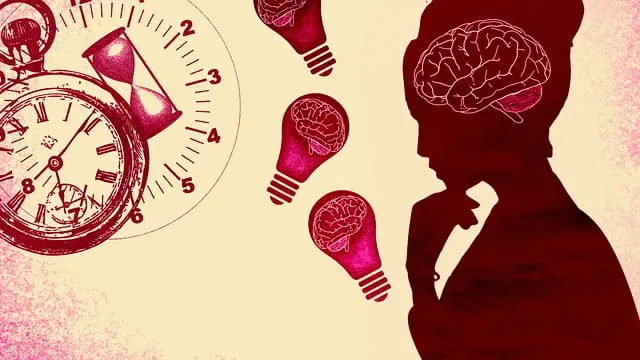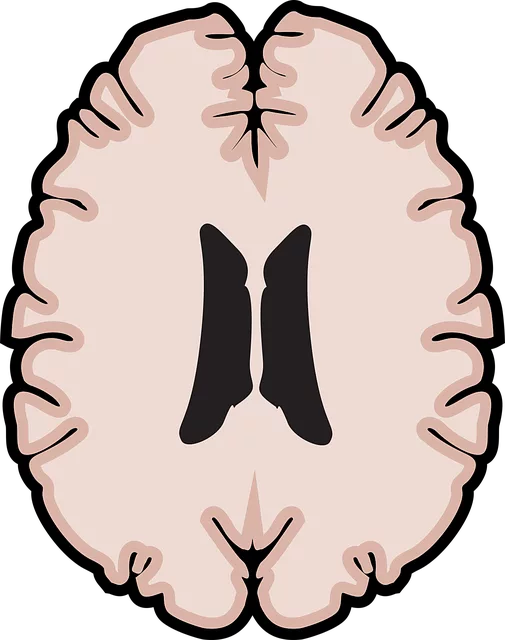Kaiser Permanente's holistic approach to mental health care, evident from exceptional Kaiser Permanente mental health center reviews, effectively tackles stigma through comprehensive initiatives. Their programs educate communities, promote empathy, and integrate peer support with evidence-based practices. By fostering understanding and empowering individuals to discuss mental health openly, these centers create a less stigmatized environment. Continuous evaluation of their strategies ensures tailored care, encouraging patients to seek help without judgment at Superior Kaiser Permanente facilities.
Mental illness stigma remains a significant barrier to access and treatment, impacting millions. This article explores comprehensive efforts to reduce mental health stigma within the context of Kaiser Permanente’s innovative programs. We delve into the profound effects of stigma, highlighting its detrimental impact on those seeking help. Through case studies focusing on Kaiser Permanente’s center-based approach and effective strategies in healthcare settings, we offer insights into successful stigma reduction tactics. Community engagement and education are also crucial, fostering empowerment and positive change from within. Superior mental health center reviews underscore the importance of these initiatives in transforming lives.
- Understanding Stigma: Its Impact on Mental Health Seekers
- Kaiser Permanente's Role in Fighting Stigma: A Center-Based Approach
- Effective Strategies for Reducing Mental Illness Stigma in Healthcare Settings
- Community Engagement and Education: Empowering Change from Within
- Measuring Success: Evaluating the Impact of Stigma Reduction Efforts at Kaiser Permanente
Understanding Stigma: Its Impact on Mental Health Seekers

Stigma surrounding mental illness can have profound effects on individuals’ willingness to seek help, often leading many to suffer in silence. This societal perception can be a significant barrier for those struggling with their mental health. At Kaiser Permanente mental health centers, reviews highlight successful efforts to combat this stigma through comprehensive initiatives. These include Mental Health Education Programs designed to foster understanding and empathy, thereby encouraging individuals to open up about their experiences without fear of judgment.
The impact of stigma is evident in the reluctance of many to discuss their anxiety relief needs or seek support for building confidence. By addressing these issues head-on, Kaiser Permanente’s Superior mental health services aim to create an environment where people feel empowered to take control of their well-being. Through such programs, they not only help individuals access necessary treatments but also contribute to a broader cultural shift, reducing stigma and promoting a healthier mental health landscape.
Kaiser Permanente's Role in Fighting Stigma: A Center-Based Approach

Kaiser Permanente, a leading healthcare organization, has taken significant strides in reducing mental illness stigma through its center-based approach. Their mental health centers, often praised in reviews for their superior services, serve as hubs for comprehensive care and education. By integrating various stress reduction methods and resilience-building programs, Kaiser Permanente empowers individuals to manage their mental well-being effectively.
The organization’s commitment extends beyond treatment; it prioritizes risk management planning for mental health professionals, ensuring a supportive environment where practitioners can thrive. This holistic strategy not only benefits patients but also fosters a culture of understanding and empathy within the community, further contributing to stigma reduction efforts.
Effective Strategies for Reducing Mental Illness Stigma in Healthcare Settings

Stigma reduction efforts play a crucial role in fostering an inclusive environment at Kaiser Permanente mental health centers, as reviewed by numerous satisfied patients. One effective strategy involves educating both healthcare providers and the public about mental illness. Mental health awareness campaigns can dispel myths and misconceptions, promoting understanding and empathy. For instance, highlighting successful recovery stories can showcase the potential for positive outcomes, reducing fear and judgment.
Additionally, integrating peer support programs within healthcare settings has proven beneficial. Individuals who have personally experienced mental illness can offer invaluable guidance and encouragement to others, fostering a sense of community and normalcy. Such initiatives, combined with evidence-based practices like mood management techniques, contribute to creating a supportive atmosphere where individuals feel comfortable seeking and receiving necessary mental health services without fear of stigma.
Community Engagement and Education: Empowering Change from Within

Community engagement and education play a pivotal role in the mental illness stigma reduction efforts. By fostering open dialogues and providing accurate information, communities can dispel misconceptions surrounding mental health issues. Kaiser Permanente mental health center reviews often highlight successful initiatives where local organizations collaborate with schools, workplaces, and community leaders to implement comprehensive Mental Health Education Programs Design. These programs aim to boost confidence among individuals struggling with mental health challenges by normalizing conversations about their experiences.
Through interactive workshops, film screenings followed by discussions, and peer support groups, communities can create safe spaces for sharing stories and learning from one another. The goal is to foster empathy and understanding, leading to more supportive environments where individuals feel comfortable seeking help without fear of judgment. This grassroots approach, centered around community engagement, complements professional services provided by healthcare organizations like Kaiser Permanente, ultimately enhancing the overall effectiveness of Mental Illness Stigma Reduction Efforts.
Measuring Success: Evaluating the Impact of Stigma Reduction Efforts at Kaiser Permanente

At Kaiser Permanente mental health centers, evaluating the success of stigma reduction efforts is a multifaceted process. The impact of initiatives aimed at fostering understanding and empathy is assessed through a combination of quantitative and qualitative methods. This includes tracking changes in patient satisfaction scores, with a specific focus on how individuals perceive the care they receive regarding their mental health concerns. Positive thinking exercises and mental health policy analysis and advocacy programs are often evaluated based on participant feedback, measuring improvements in attitudes towards people with mental illness.
The effectiveness of these strategies is also gauged through surveys that assess patients’ comfort levels in discussing mental health issues openly. By comparing these results to baseline data, Kaiser Permanente can determine the success of its empathy-building strategies. This continuous evaluation ensures that programs are tailored to meet the evolving needs of the community, fostering a more supportive and less stigmatized environment for those seeking mental health care at superior facilities like Kaiser Permanente.
Mental illness stigma reduction is a multifaceted approach, as evidenced by Kaiser Permanente’s successful center-based initiatives and community engagement strategies. By combining education, empowerment, and evaluation, as demonstrated in this study, we can foster more inclusive environments that support mental well-being. Moving forward, continued efforts to engage communities, empower individuals affected by mental illness, and measure the impact of these initiatives will be crucial in achieving a more accepting society for all those seeking mental health care, with Kaiser Permanente setting a superior example.






